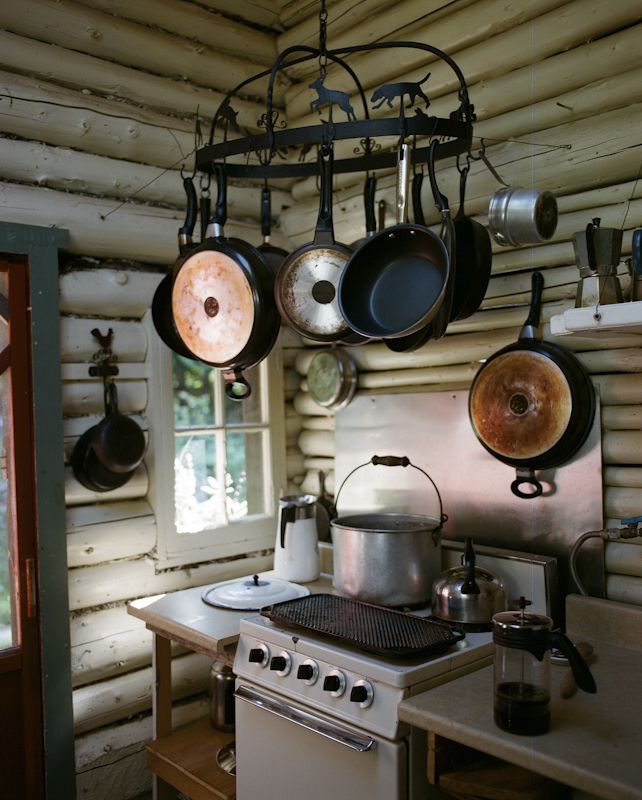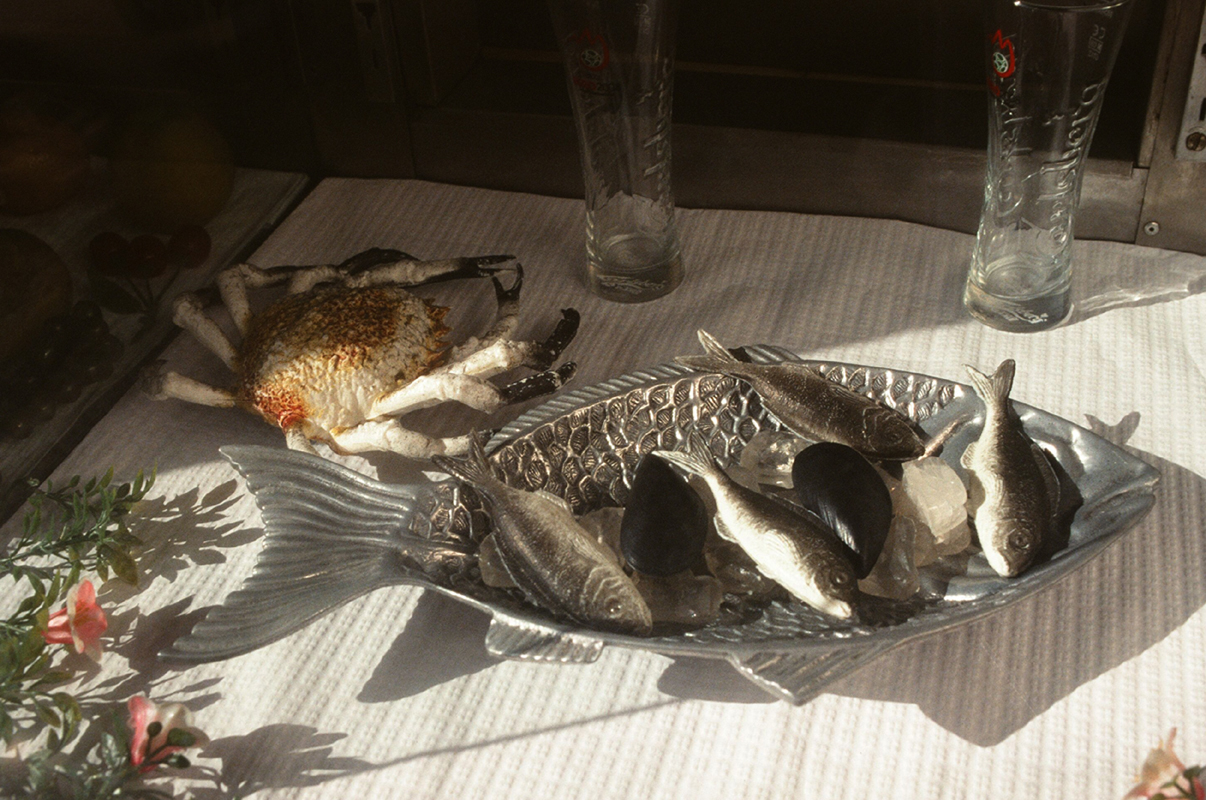(Photo from Lucas Olivet)
I’ve been thinking a lot about medicine lately, the multifarious forms it can take.
There’s plant medicine which, in itself, contains legions: the pocket-size bottle of alcohol-extracted rosemary, milky oats, the mug of wild rose petal tea, the time spent in repose beneath cedar, linden, pine. There’s story medicine, the unearthing of our ancestors’ stories, listening, the writing, or speaking, or singing of our own. There is medicine in sharing our lived experience, in connecting with those who have lived something similar. (The #MeToo movement as one example, AA as another, books clubs, open-mic nights, the list goes on).
When most of us think of medicine, we think of hospital medicine, and pharmaceutical medicine, and therapeutic medicine, and those can all be needed modalities, indeed. But they should not be mistaken for gospel, for the only forms. There’s also music medicine, and dancing medicine, and laughter medicine, and gathering medicine, and kitchen medicine (the list goes on).
I’ve been thinking a lot about kitchen medicine, in particular, lately and the following quote:
“Let thy food be thy medicine and thy medicine be thy food.”
Attributed to Hippocrates and found nearly everywhere: on menus of smoothie bars and raw food cafes, the labels of chocolate bars, kombucha bottles, the about me sections of whichever wellness-expert-du-jour.
I’ve been thinking about what eating healthy has come to mean, what it means to me.
I haven’t spent as much time on this project of sharing recipes, perspectives on food as I’ve felt put off by the shape kitchen medicine has taken. The zucchini-noodle bowl, the avocado toast, the raw “cheesecake”. The coconut fat ball, the collagen latte, the 8-dollar to-go cup of broth.
The convergence of wellness with lifestyle has complicated what was once simple (eat your vegetables, move around, don’t eat too much sugar, give thanks), rendering it nearly beyond recognition. The idea of eating clean has, of late, been tarnished and every wellness-guru worth her weight in Himalayan salt has distanced herself from it. However, wellness, or eating healthy, or, put more simply, nourishing oneself is still being conflated with things like sherbet-hued yoga tights, impossibly tiny wooden spoons, a spotless kitchen inlaid with bleached tiles, ombré, and, more often than not, complicated recipes that require expensive tools (the vitamix, the dehydrator) and expensive, imported ingredients.
“Let thy food be thy medicine and thy medicine by thy food.”
This maxim’s meaning has, for the most part, been lost; I highly doubt Hippocrates was talking about week-long green juice cleanses and “moon dusted” mugs of hot almond-water.
But, more than that, this maxim has always felt a bit one-note.
Just as there’s not just one type of person, there’s not just one type of medicine either. (Thankfully!) And while I can get down with the importance of eating nourishing meals, I can’t groove with the fixation on superfoods, on super dogmatic diets, on this version of wellness that is, quite frankly, monochromatic, without room for nuance, other perspectives and also pretty limiting and sometimes downright wrong (for example: vegetable juice cures cancer! coconut oil will help you lose weight! cooked foods are poison! vegan “cheese” is an abomination! [ok, that last one may be true]).
I’m not interested in recipes with precise instructions, imported ingredients. I’m not interested in “props”, or a hundred splashy photos of the same damn thing. I’m not interested in selling a lifestyle, one way to be well, one kind of medicine.
I am and always have been an intuitive cook, setting out a bowl of rice, or beans to soak for the next day, seeing what vegetables I have on hand to use, or going to the market for some eggs, or a cut of meat. The recipes I enjoy read more like stories than instructions. They make use of what is growing in my region. They’re simple, made with humble things–turnips, the patch of backyard nettles, butter, chicken feet–, things that may not be as sexy as açai, but are nourishing to, not only me, but my community, too. Kitchen medicine is one part of being well, but it’s certainly not the only, or even most important one.
So on this new (Gregorian) year, I offer this new maxim:
“Let our medicine be our medicine and our food be our food.”
Maybe you’re big into kitchen medicine and your medicine happens to be your food. Maybe that will shift and you’ll find your medicine elsewhere. Personally, I’ve been thinking a lot about where kitchen and story medicine converge lately and I’m looking forward to sharing more of that here soon.

